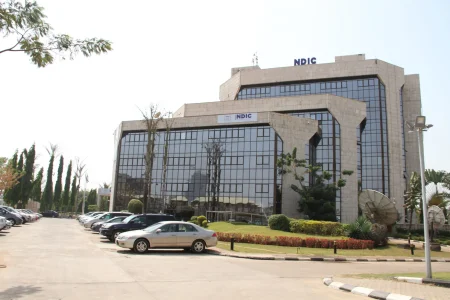
Image by 12019 from Pixabay
The West African fuel market is experiencing significant effects from removing petrol subsidies in Nigeria. The Organization of Petroleum Exporting Countries (OPEC) recently reported that Nigeria's decision to stop funding the subsidy has led to a 28% drop in fuel exports to the region.
In May, President Bola Tinubu declared that his administration would no longer fund the subsidy, which was used to maintain petrol prices below market rates. OPEC's monthly oil market report revealed that this policy change in Nigeria has affected the West African market and influenced global petrol crack spread, a term used to describe the pricing difference between a barrel of crude oil and its refined petroleum products.
The report also noted decreased gasoline crack spreads in Rotterdam, influenced by reduced US and West Africa demand. OPEC stated that gasoline exports to West Africa had declined by around 28% following the fuel subsidy removal in Nigeria. The report also mentioned that refinery maintenance, which occurs bi-annually, played a role in the decline.
For Nigerians, the policy shift signifies a move towards market-driven petrol prices, which could affect household budgets and transportation costs. Globally, the decision highlights the oil market's interdependence and how one nation's policy changes can impact continents.




